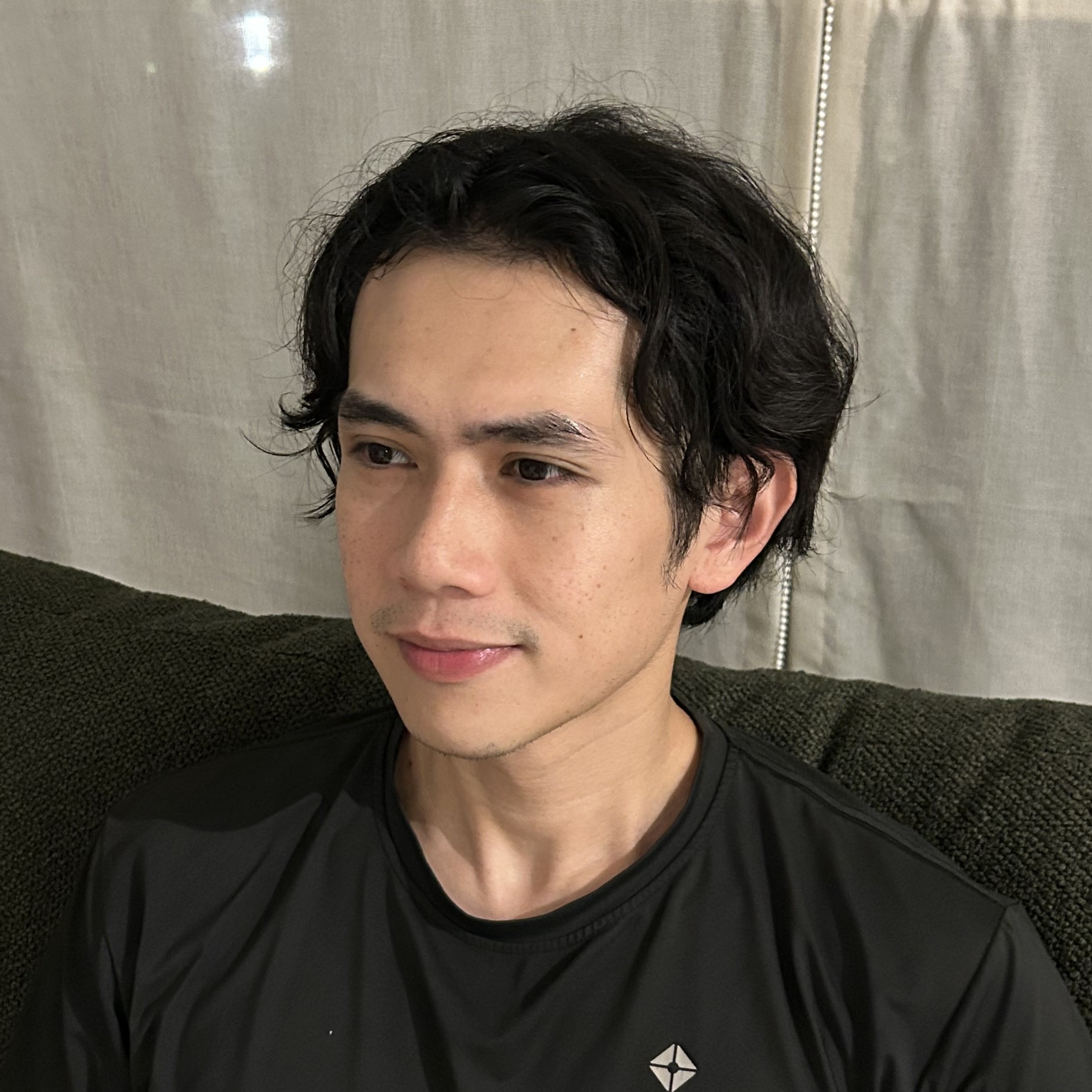Tools That Made Up the Backbone of My Productivity System
What I use to set goals, get things done, and do better thinking
In episode three of Work Less, I shared my take on people who hop from one productivity app to the next—looking for the perfect tools rather than getting the work done. Instead of a carpenter, these people become hammer collectors. It may come across as if I don't believe in and appreciate productivity apps. But the truth is that I do.
And in today's post, I want to share three tools I use to gain clarity, get things done, and do my best thinking. They are the backbone of my work—and my life to a certain extent.
Set goals and track progress
The first one is Notion. Notion is an all-in-one workspace packed full of features. If I recall correctly, I stumbled across Notion around 2018 and started playing with it since then. It began as my to-do list and not taking apps.
Now, I'm using Notion mainly for goal setting and project management after learning how to use its databases. Notion database lets me connect my goals with projects using the OKR methodology. OKR stands for objectives and key results. It is a goal-setting framework used to define goals and track progress, widely adopted by organizations like Google, Gates Foundation, Microsoft, and more.

I usually start setting my goals in a database at a vision or purpose level, and break them down further into objectives, then further down into key results. The database also has functions and features that let me add tags and dates to the objectives and key results. And most importantly, track my progress as time goes.
You can create a database for almost everything. For example, I have databases:
- Habit tracking
- Weekly review and planning
- Bill tracking
- Contacts and relationships management
- Wishlist items
I also use Notion in team settings for other projects, mainly for meeting notes and internal process wikis.
Get things done
The next tool I use and love is Things. Things is my to-do list app and task manager.
As mentioned, I used to use Notion for task management. But because it's modular and versatile, it's far from an out-of-the-box to-do list app and not as intuitive for task management. Also, I don't particularly appreciate using Notion on mobile devices. Furthermore, using a separate to-do list app helps me set the right mental states for different types of work. Notion for planning. Things for execution.

Things is designed and built as a personal task manager. So instead of having a bunch of functions that do okay, it does one thing which is task management very well. What I like most about Things is its Inbox. It's a great place for quick capture. So you don't get distracted by other potentially important tasks when you are working on something else.
Things also comes with all kinds of essential features like grouping tasks into areas and projects, tagging, setting due dates, adding reminders, creating recurring tasks, and more. Not to mention, Things' mobile app works like a charm for me.
Do better thinking
The last one on my list is Obsidian. I use it to make connected notes. While note-taking apps like Evernote have been around for a long time, taking connected notes is something new that has only gotten popular recently. Like Things for task management, I found it less ideal to use Notion for note taking. So I made the switch to Obsidian.
However, the switch from Notion to Obsidian wasn't a straightforward one. So here's the long story.
I first stumbled across the idea of building a second brain and making connected notes from one of Nat Eliason's blog posts about Roam Research. I tried Roam Research out of curiosity and instantly got hooked by the idea of personal knowledge management. As my note-taking process evolved, I switched from Roam to Obsidian again because Obsidian's file-based structure made more sense to me than Roam's block-based structure.

In Obsidian, making and following connections between notes is frictionless. The human brain is non-linear. We jump from idea to idea. And we learn best by connecting inputs, thoughts, and experiences to what makes sense to us.
Instead of the conventional folder hierarchy that forces you to categorize and group your ideas, Obsidian lets you jot your thoughts down as notes and connect them using backlinks and tags. That said, a single piece of note can connect with an unlimited number of others notes, which helps uncover insights from a multitude of dimensions.
Your turn
That sums up the three most essential tools that make up my productivity system. For a recap, Notion to set goals and track progress, Things to manage projects and tasks, and Obsidian to take and make connected notes. Now it's your turn. Do you use any of these tools and apps? If yes, how do you find them? If not, what are you using right now? DM me via Twitter and let me know.


